Delve into Turkey's rich biblical history and its influence on the present and future through our comprehensive 'Turkey in the Bible Map'.
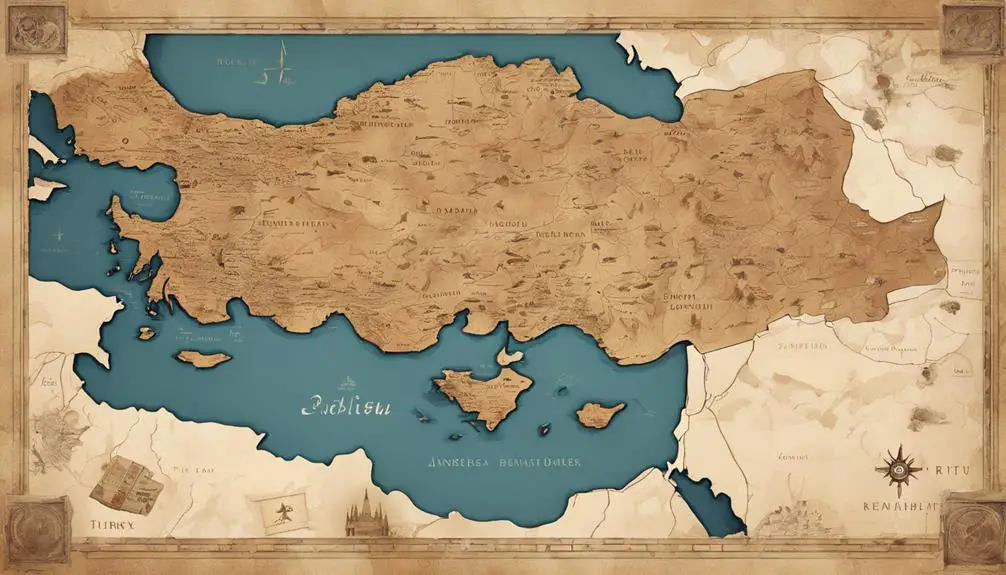
Turkey in the Bible Map
You'd think Turkey holds the universe's secrets with how often it appears in biblical texts. This nation, snuggled between Europe and Asia, is a treasure trove of biblical history that's sure to pique your interest.
From the travels of the Apostle Paul to the seven churches of Revelation, its significance is far-reaching and often overlooked. Yet, the question remains: how does Turkey's biblical past shape its present and future?
Let's embark on this journey together, and who knows? You may uncover truths that will shake your understanding of biblical history.
Key Takeaways
- Turkey's biblical significance is marked by key events and locations such as Paul's missions and the Seven Churches of Revelation.
- Influential biblical figures like Paul and Noah have notable associations with Turkey, enriching its biblical context.
- Exploring biblical landmarks in Turkey, like Ephesus and Cappadocia, provides tangible links to biblical narratives.
- Turkey's geopolitical position and role in prophecy fulfillment underline its significance in biblical past and potential future events.
Biblical Significance of Modern-Day Turkey
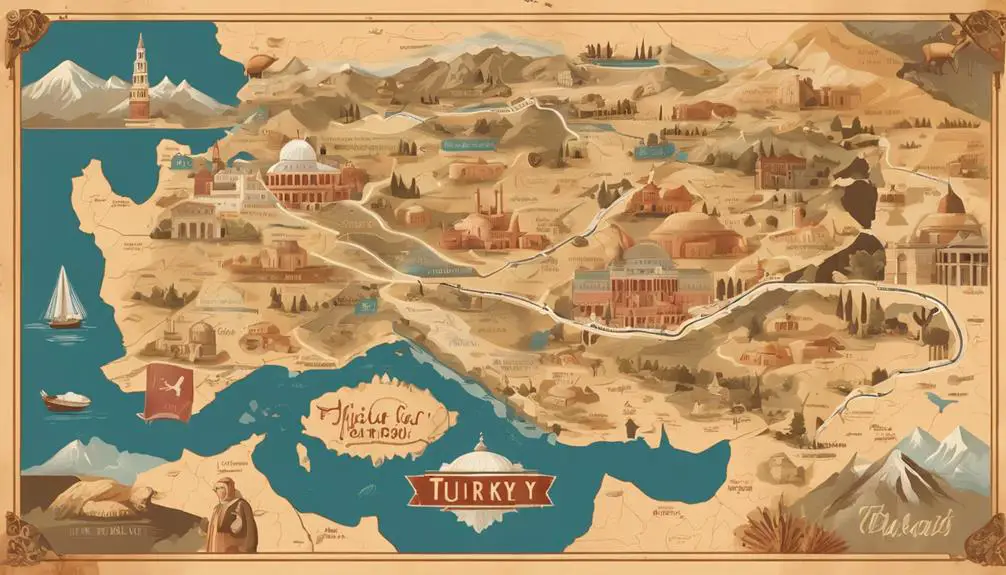
To understand the biblical significance of modern-day Turkey, one must delve into the rich tapestry of history and scripture that has left an indelible mark on this region. You're about to embark on a journey of Biblical Turkey Exploration, a voyage through time and spirituality.
This journey isn't just about geographical locations, but rather, it's about Turkey's Spiritual Influence on the Bible and early Christianity. This influence isn't confined to the past; it still resonates today in modern Christian belief and practice. You might consider this nation, linking Asia and Europe, as a bridge not only geographically but also spiritually and historically.
During your exploration, you'll find that Turkey was home to early Christian communities, some of which were directly addressed in the New Testament. These communities served as a beacon of faith, spreading the gospel far and wide. They left a spiritual legacy that has shaped Christianity as we know it.
Key Biblical Events in Turkey
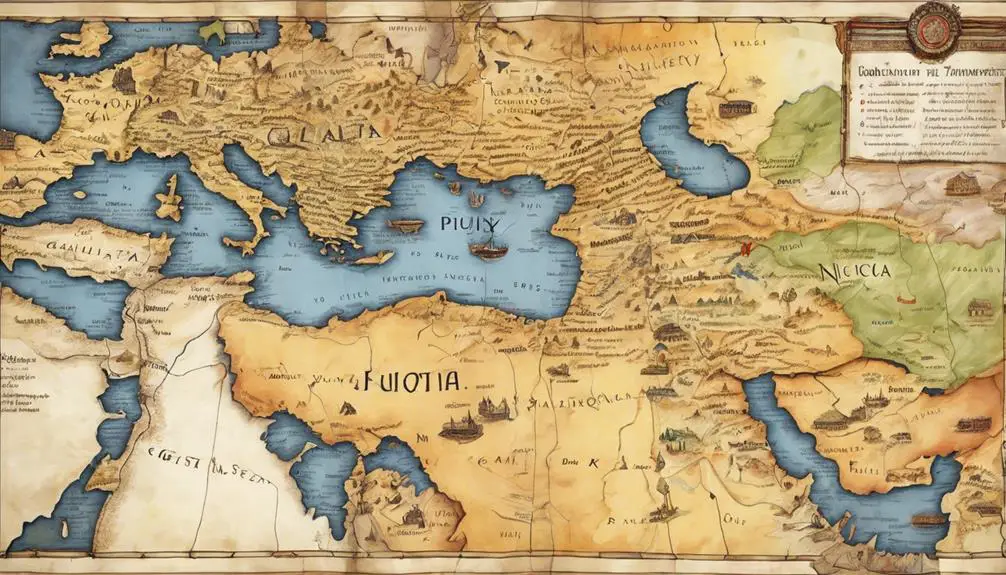
Reflecting on Turkey's spiritual legacy, let's now examine some key biblical events that unfolded on this historical land.
- Paul's Journey: A thorough analysis of St. Paul's journey reveals that most of his missionary work was done in what's now modern-day Turkey. The cities of Ephesus, Antioch, and Galatia, among others, were significant stops in his evangelistic endeavors.
- Location of Noah's Ark: According to biblical narrative and various historical accounts, Noah's Ark is believed to have landed on Mount Ararat in Eastern Turkey after the great flood. This event marks a pivotal point in mankind's history.
- The Seven Churches of Revelation: In the Book of Revelation, seven churches located in Western Turkey are addressed by Apostle John. These churches in Ephesus, Smyrna, Pergamum, Thyatira, Sardis, Philadelphia, and Laodicea hold a significant place in biblical history.
- The Council of Nicaea: Held in 325 AD in Iznik, then Nicaea, this council was a monumental event in the early Christian church's history, leading to the formulation of the Nicene Creed.
These events clearly highlight the integral role Turkey played in biblical times, substantiating its spiritual legacy.
Influential Bible Figures in Turkey
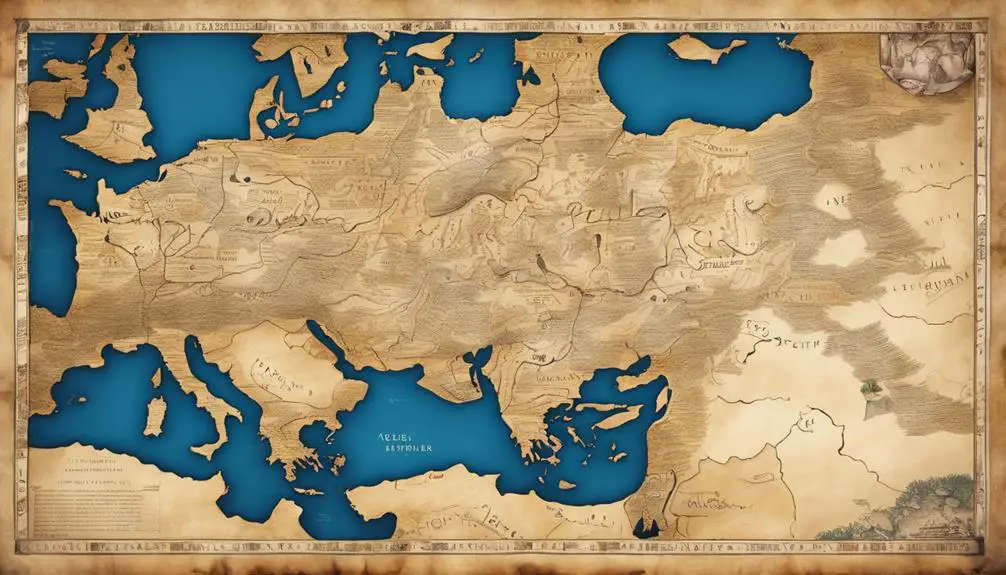
Digging deeper into Turkey's biblical history, let's unveil the influential Bible figures who've left their indelible marks on this land.
Notably, Paul's Conversion is a critical event that took place in Turkey. You may recall that Saul, a persecutor of Christians, was transformed into Paul, an apostle of Christ, on the road to Damascus. This dramatic conversion, wrought by a divine revelation, played an influential role in shaping Christian doctrine and the Church's expansion. Therefore, Turkey's biblical landscape is indelibly shaped by Paul, who spent significant time here, preaching the Gospel to both Jews and Gentiles.
Also, Turkey claims a connection to Noah, a biblical figure known for his unwavering faith. Turkey's Mount Ararat is traditionally believed to be the resting place of Noah's Ark after the biblical flood. This link places Noah as an influential figure in Turkey's biblical narrative.
These figures, among others, have left a profound impact on Turkey's history, shaping its spiritual, cultural, and historical landscape. Tracing their paths, we can gain a deeper understanding of Turkey's biblical significance, further enriching our grasp of this ancient land's intricate tapestry.
Next, we'll explore, 'Turkey's Biblical Landmarks'.
Exploring Turkey's Biblical Landmarks
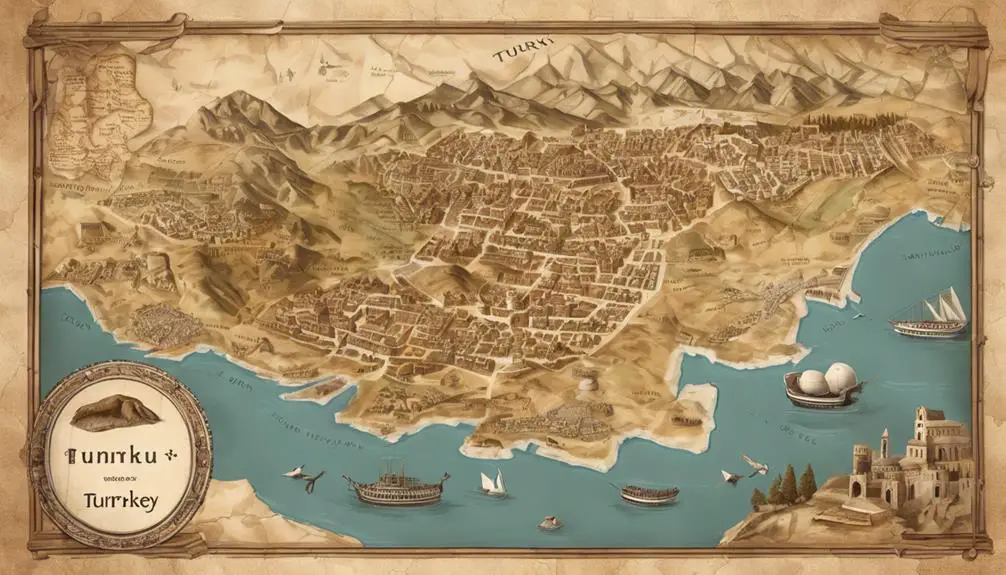
As you journey through Turkey's biblical landmarks, you'll encounter ancient sites that echo the narratives of revered Bible figures, providing a tangible connection to the country's rich religious history. These sites have become hotspots for Pilgrimage Tourism, drawing in devout believers from across the globe.
Here are four key landmarks you shouldn't miss out on:
- Ephesus: Known for its grand theatre and Library of Celsus, Ephesus is a place of significant Archaeological Discoveries. It's also where the Apostle Paul wrote the book of Ephesians.
- Cappadocia: A region famous for its unique rock formations and underground cities, it's thought to be where the Apostle Paul sought refuge.
- Tarsus: The birthplace of the Apostle Paul, it's home to the well-preserved Paul's Well, a key attraction for Christian pilgrims.
- Antioch: One of the earliest Christian communities, it's where followers of Jesus were first called 'Christians'.
Each of these sites presents a unique opportunity to delve into the tangible remnants of biblical narratives. By exploring these landmarks, you're not just visiting places; you're stepping into stories that have shaped religious thought and practice for millennia.
Turkey's Role in Prophecy Fulfillment
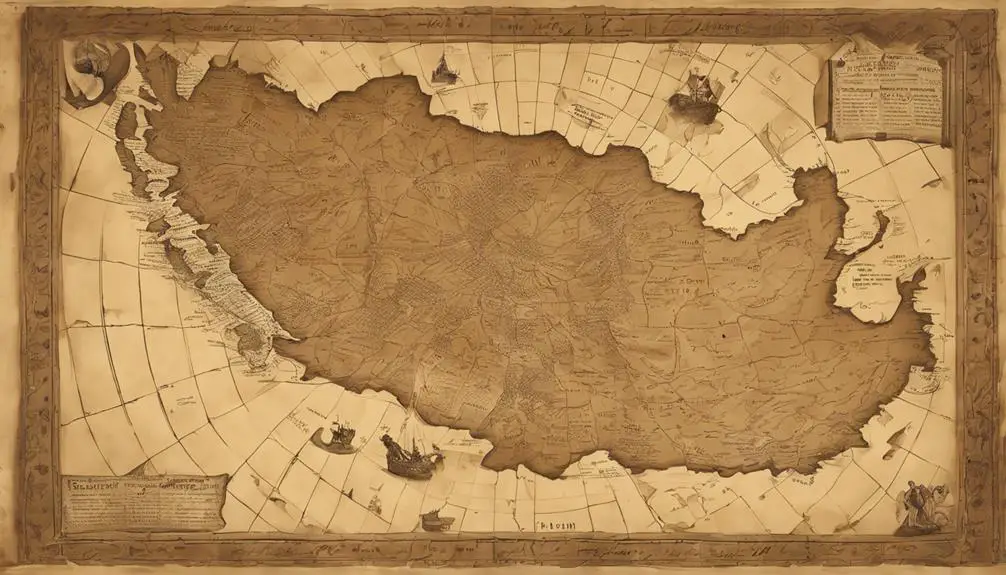
Delving into Turkey's role in prophecy fulfillment, you'll find that the country holds a significant place in biblical end times narratives. It's important to view this through both prophecy perspectives and geopolitical implications. Turkey's strategic location, situated between Europe and Asia, gives it a unique geopolitical role.
Analyzing from a biblical standpoint, Turkey is considered the setting for the 'seven churches' mentioned in the Revelations. These churches symbolize the entire Christian church throughout history, and their eventual downfall represents the end times.
To break down this complex topic further, let's look at a table:
Prophecy Perspectives |
Geopolitical Implications |
|---|---|
Seven churches in Revelations |
Strategic location between Europe and Asia |
Symbolizes entire Christian church |
Key player in world politics |
Downfall represents end times |
Possibility to influence global events |
Turkey's role in fulfillment |
Significant in maintaining global balance |
This table succinctly summarizes how Turkey's role in prophecy fulfillment intertwines with its geopolitical implications. The country's position, both geographically and biblically, makes it a significant player in prophecy fulfillment. Thus, understanding Turkey's role in the Bible can offer unique insights into how future events might unfold.
Frequently Asked Questions
What Are the Current Religious Demographics in Turkey and How Do They Relate to Its Biblical History?
In Turkey, the majority practice Islam, but religious freedom allows for other faiths. This contrasts with its biblical history of Christianity. Today, you'll find biblical landmarks attracting tourists of various faiths.
It's fascinating to see the modern religious landscape intertwined with its rich biblical past. How it evolved from a biblical hub to a predominantly Islamic nation, while maintaining a space for different religions, is truly intriguing.
How Has Turkey's Biblical History Influenced Its Culture, Traditions, and Laws Today?
Turkey's biblical history significantly shapes its culture, traditions, and laws today. You'd see influences in the preservation of ancient traditions and biblical cuisine. Laws, especially those related to religion, have roots in biblical teachings.
However, while Turkey's past is steeped in biblical history, it's important to note its evolution towards a more secular society, yet still maintaining a deep respect for its historical religious significance.
What Is the Process of Archaeological Exploration in Turkey for Uncovering Biblical Sites?
You'd begin archaeological exploration by securing site preservation.
You'd then conduct excavations cautiously, ensuring minimal damage to artifacts.
After excavation, you'd analyze the artifacts, using techniques like radiocarbon dating for age estimation.
Detailed records of the site's layout and artifact positions are kept for thorough interpretation.
It's a meticulous process, understanding the historic significance of each find, before finally publishing your research for academic and public knowledge.
Have Any Recent Discoveries in Turkey Provided New Insights Into Biblical Events or Figures?
Yes, recent discoveries in Turkey have indeed shed new light on biblical events and figures. You'd be intrigued to know that unearthed biblical artifacts and ancient manuscripts are providing fresh perspectives and challenging long-held beliefs.
They're not just rewriting historical narratives but also enriching our understanding of the Bible. Each finding is like a new piece added to the puzzle, gradually revealing a more comprehensive picture of the biblical world.
How Has Turkey's Biblical History Impacted Its Relationships With Other Predominantly Christian or Jewish Nations?
Turkey's biblical history has significantly shaped its relationships with other Christian or Jewish nations.
You see, biblical diplomacy plays a crucial role in these interactions, as shared religious heritage fosters mutual understanding.
However, religious politics can create tensions, with differing interpretations and beliefs causing divisions.
Nonetheless, Turkey's rich biblical past provides a common ground for dialogue and cooperation, even amidst the complexities of international politics.
Conclusion
In conclusion, you've seen how deeply intertwined Turkey is with the Bible. It's not just a country on a map; it's a place where key biblical events unfolded, influential figures walked, and prophecies were fulfilled.
Exploring its biblical landmarks, you can't help but feel the historical significance. So, keep digging into Turkey's rich biblical past – it's a journey that will surely enrich your understanding of the Holy Scriptures.

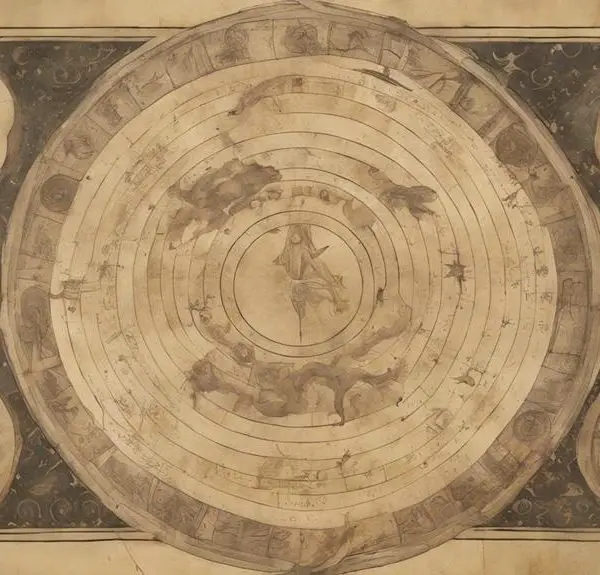
Sign up